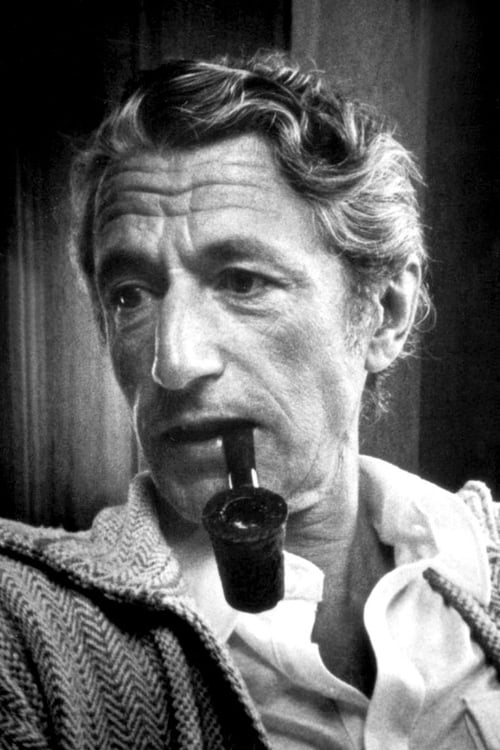Discover
-

Claude Hitchcock
Sound -

Douglas Slocombe
Director of Photography -

Wilfred Shingleton
Production Design -

Derek Cracknell
Assistant Director -

Mike Fox
Focus Puller -

John O'Gorman
Makeup Artist -

John Guillermin
Director -

Jerry Goldsmith
Original Music Composer
-
 Wuchak
6/23/2021 3:58:29PM
Wuchak
6/23/2021 3:58:29PM
***World War I aerial combat from the German perspective*** During World War I a low-class German soldier, Bruno Stachel (George Peppard), transfers from the muddy trenches to the aristocratic air officer corps. Stachel becomes a bit of a fish out of water with his new higher class comrades-in-arms, but this doesn't bother him as Stachel is interested in only one thing: gunning down twenty enemy planes to get the coveted Blue Max, Germany's Medal of Honor. He's so driven that he'll do anything to achieve it, honorably or dishonorably. His success as a fighter pilot prompts a general in Berlin (James Mason) to use him as a propaganda tool, a hero from the lower class who’s "common as dirt." Critics complain that Stachel is unlikable and not a very good hero. It is true that he doesn't seem very friendly, but how friendly would you be with high-class "gentleman" after years of brutal trench warfare? It's also true that he's selfishly ambitious and rebels against the team spirit of the squadron, not to mention direct orders. In addition he's an alcoholic and an adulterer. But, as the General states, he's brave ruthless and driven – precisely what Germany needs at the critical juncture of the war in 1918. Stachel isn't a hero, he's an antihero. The story should simply be digested as is without looking for a hero. One of the best sequences takes place in the first half: Stachel justly feels he is robbed of a "kill" because the plane he shot down couldn't officially be confirmed (even after he forces a corporal to escort him around the rainy countryside for half a day to find the downed plane). Later, while escorting an enemy plane back to home base he shoots the plane down when a wounded tailgunner awakens and instinctively starts shooting. Stachel lands and runs over to the downed plane along with numerous other Germans; he cuts the emblem from the plane and bitterly throws it at the feet of his superiors, adamantly stating, "Confirmed." This is one of the most powerful scenes in cinematic history. The film is universally praised for its scenic and compelling air combat sequences, but some inexplicably criticize the drama on the ground. Personally, I find the ground story equally as interesting as the air fighting. Besides, how interesting is mindless non-stop action without the contrast of interesting character-defining drama? Other highlights include a brief appearance of the Red Baron, the ravishing Ursula Undress – I'm sorry, I mean Andress – as the general's adulterous wife and a superb score by Jerry Goldsmith. The cinematography and Irish locations are excellent. The overall vibe of the film is solemn, dark, dreary and wet; in other words, kind of depressing. But, then, World War I was no happy day at the beach. BOTTOM LINE: "The Blue Max" is a film of epic scope, a powerfully realistic portrayal of air combat during World War I. It also ranks with the greatest war films ever made. It may be from 1966 but it's hardly dated. The runtime is 2 hours, 36 minutes. GRADE: A







Peter Woodthorpe
RuppCarl Schell
Manfred Von RichthofenUrsula Andress
Countess Kaeti von KlugermannJames Mason
General Count von KlugermannLoni von Friedl
Elfi HeidemannGeorge Peppard
Lt. Bruno StachelJeremy Kemp
Willi von KlugermannHugo Schuster
Hans. Elderly Servant